Trust is important. Everybody knows that. Writer and academic Stephen Covey, the author of the best-selling book The 7 Habits of Highly Effective People, wrote perhaps the last word on trust: “Trust is the glue of life. It's the most essential ingredient in effective communication. It's the foundational principle that holds all relationships."
For Covey, effectiveness was dependent on fairness, empathy, and trust. But a big feature of trust is its fragility - once betrayed, it's very hard to regain. "Trust is like paper. Once it’s crumpled, it can never be perfect again", is a similar modern proverb. The older version is "Trust takes years to build, seconds to break, and forever to repair." Others use analogies involving broken vases and reusing duct tape.
We live in times when it feels like trust is on the decline. But is it?
There is one piece of research that tries to measure this - the annual Edelman Trust Barometer, and the 2025 edition has just come out. I’ve been following this survey for years, but this year’s version is a cracker. The unsurprising headline news is that trust is declining. But that’s not the really interesting part.
This is a benchmark survey and an incredible piece of thoughtful work. Nothing else out there even comes close. Over a thousand people are interviewed in 28 countries All are asked the same set of questions, and the survey has been going on for 23 years. There is a reason for caution, which is that 33,000 respondents may or may not reflect the feelings of roughly five billion people. But, you know, it's the data we have.
Anyway, here is the first shocker: As we know, there were many elections last year. Incumbents were given the boot almost everywhere. So you would assume that in those countries, the level of trust improved, right? Because the people now have the politicians they want?
Not so much.
In only two countries where elections were held last year has the level of overall trust improved. And guess what? South Africa is one. The other is Argentina. Isn’t that incredible? It speaks to the hyper-attenuated level of distrust that even a new set of leaders mostly aren't expected to do the job. And that includes in Mexico, one of the few places where the incumbent party was returned with a larger majority.
One of the oddities of the survey is that it measures not only the level of trust people have in employers generally, but the level of trust people have in their own employer. This is a sensible addition because people will normally be biased toward trusting the institution or business to which they devote their working lives.
This number has been going up for years, even as trust in general has been declining. Ok, things are bad, people are saying, but a saving grace is that my employer, at least, is more or less trustworthy.
Not so much.
The survey suggests that there has been an unprecedented global decline in employer trust. The numbers are not precipitous, but jeepers - you have to ask, what are employers in South Korea, Spain, Germany, and a whole bunch of Gulf states doing?
Some results are consistent over the years, and to me, these are instinctively correct: for example, low-income respondents trust much less than those with high income, and the majority feel the wealthy take more than their fair share.
But some results are unusually high, like the fear that leaders across government, business and the media purposely mislead people by saying things that are gross exaggerations, which are at an all-time high in all three cases.
What to do about it? Now this is really incredible if it's true.
Hostile activism is considered a viable means to drive change by 40% of the respondents. The scale is skewing strongly toward the youth, with over half of young adults approving of hostile activism. Over 20% of the sample feel damage to property, intentional disinformation, and threats of violence are viable!
Yowzer. 'Scuse me - just off to check that the door is locked.
And it doesn’t end there. Fear of discrimination is at an all-time high. Only 36% of respondents feel the next generation will be better off, thankfully not including respondents from India or China, who demonstrate off-the-charts optimism. But in almost every country in Europe, the proportion is below 20%.
The survey also divides up business, government, NGOs and the media. Here, between 2020 and 2025, there have been some improvements. Business was always seen as competent, but now it's seen as both competent and ethical. That’s quite a surprise. NGOs have always been considered ethical, but they have improved in perceptions of competence, too. Government and the media have improved a bit over five years, but are still both considered “less competent” and dodgey.
In SA, Business is by far the most trusted institution out of the four in question, and its level of trust has noticeably increased over the past year. (What load-shedding?) Government in SA has improved over the past year too, but off such a low base that it still languishes in public approbation with struggling governments like those in France, the UK and Germany with below 40% trust.
The survey compilers draw conclusions that are hard to argue with: 25 years of unsettling world events have put trust under pressure, and that level of distrust is erupting into grievance. What needs to happen is bleeding obvious, the survey finds: Governments must deliver better results, NGOs must fight divisiveness and repair the social fabric, the media must put the facts first, and business needs to work harder with all the above to achieve all the above.
Well, you know, “Hear hear!” to all that. Sounds like something a public relations company would say. Oh, wait, it is a public relations company. Well, there you go.
There is another saying with which we can conclude all of this: "Trust is like an eraser—it gets smaller and smaller after every mistake." And we, the planet Earth, are making lots of them.
From the department of this feels very familiar
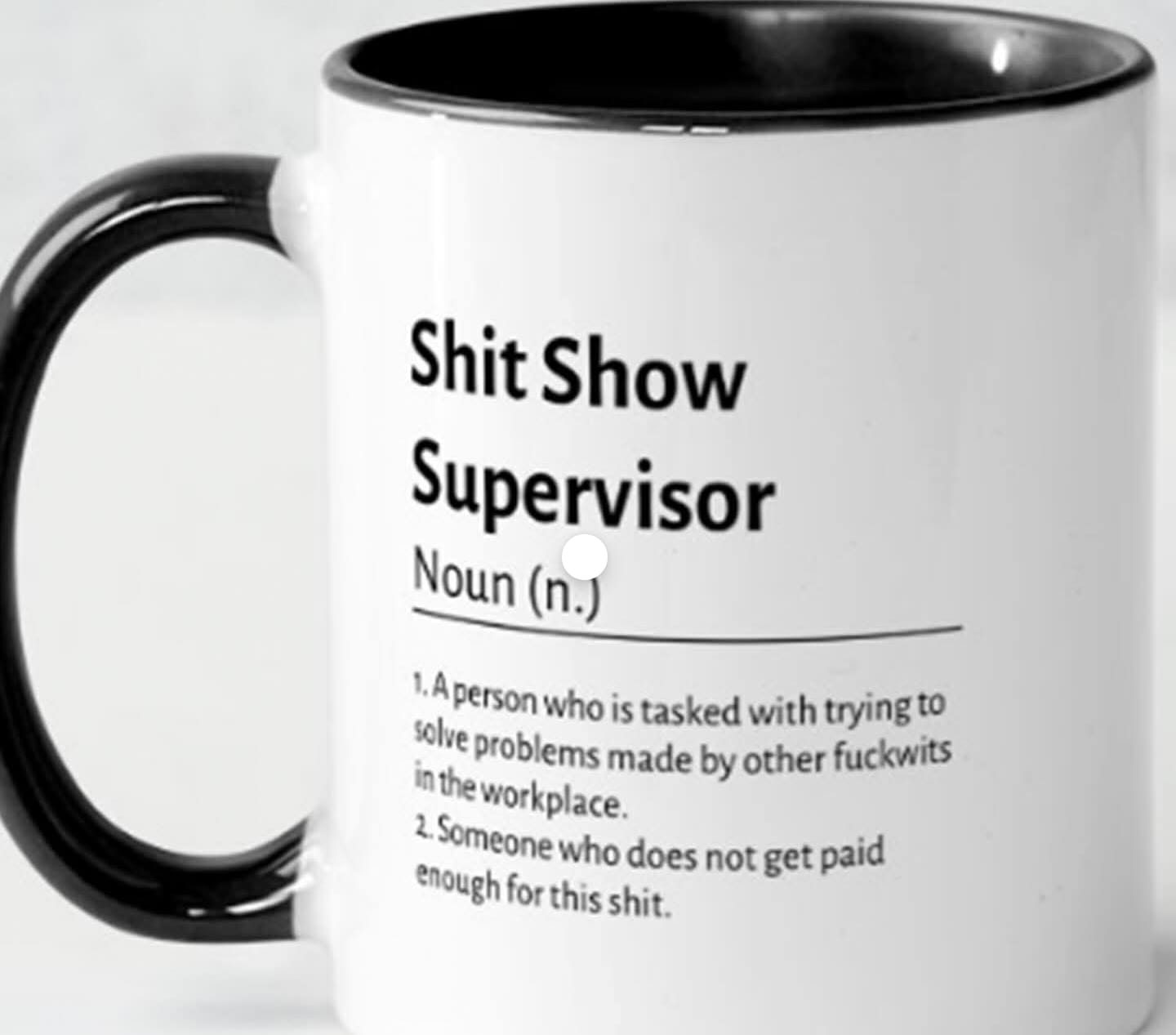
From the department of the totally inevitable
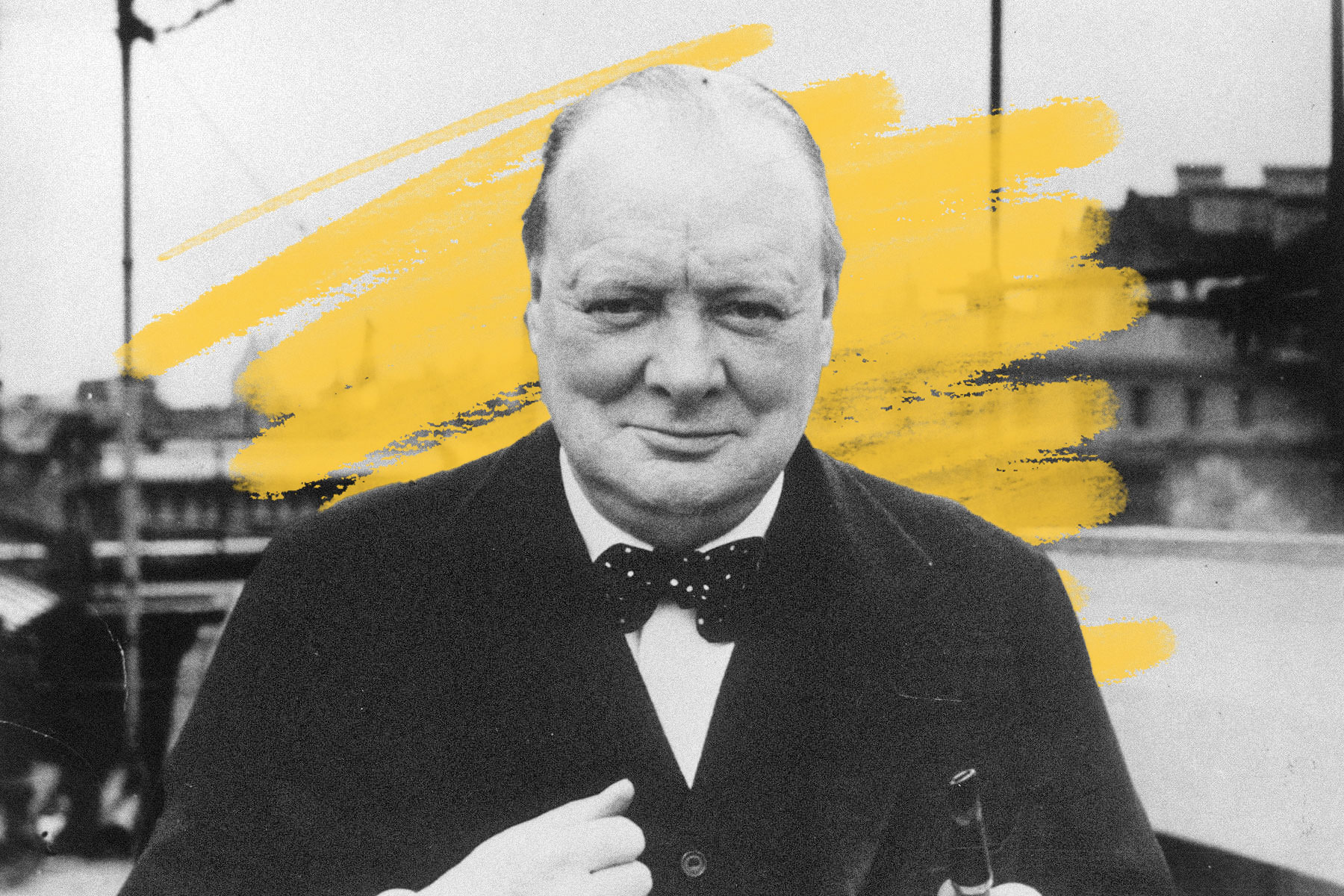
From the department of where has this been my entire life?
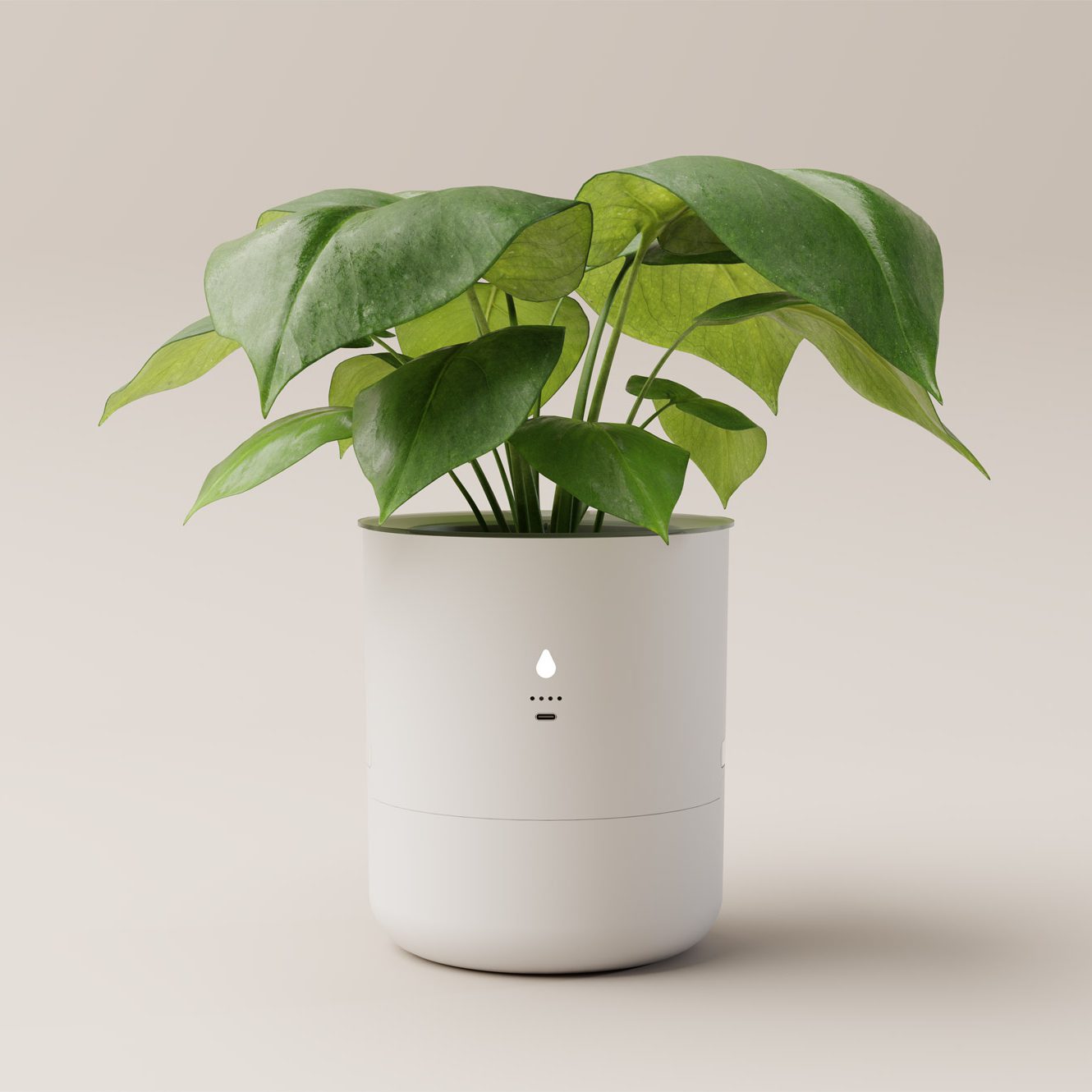
From the department of, eh? How did you say?
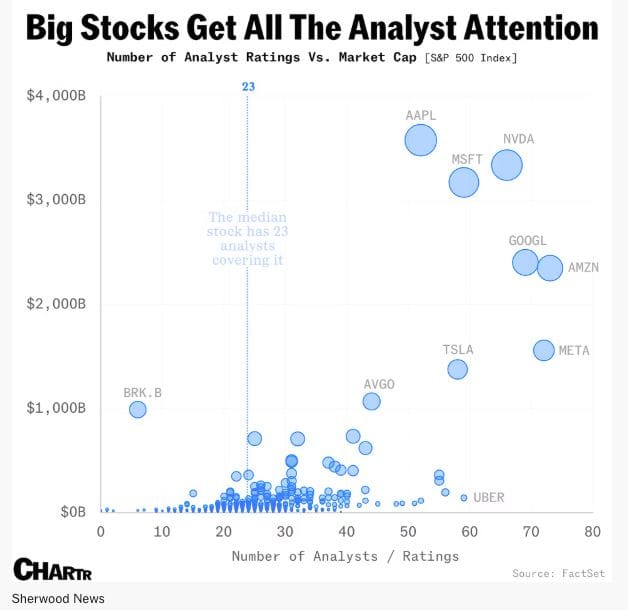

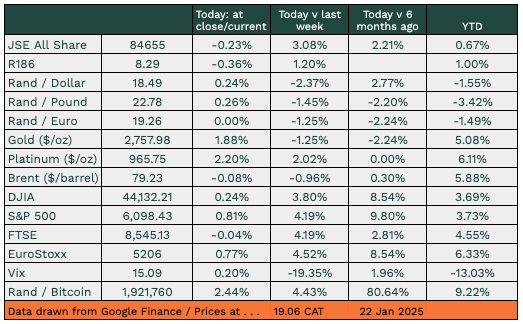
Thanks for reading - please do forward to a friend or college who might be interested. The research shows that word of mouth is the crucial factor in developing this new form of information sharing. And its free for the time being - just suggest they put their email in the slot above. You can also subscribe, that also helps keep these rolling by providing a small but judicious quantity of nutrition to the writer.
Till next time.
Tim Cohen
💥. 💥. 💥. 💥. 💥. 💥. 💥. 💥. 💥





Join the conversation